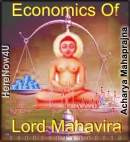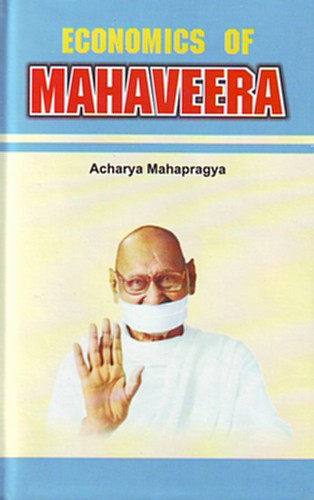
Acharya Pujyapad has written with deep implications:
Prgrambhe tapkan praptou atriptti propadkan
Ante sudushtyajan kamanu kamakh serate sudhi
Passion or lust has three dimensions: excitement, discontentment and reluctance to forgo.
In the initial stage, articles of consumption generate excitement. During the period of enjoyment, it yields discontentment. Today's developed countries are the reflection of this discontentment. Those that are called developed have earned a lot of wealth. They have earned it actuated by the thought that this would lead to mental contentment. But today, discontentment has increased to an extent that there prevails confusion leading to loss of direction. The people of developed countries are running hither and thither in search of mental peace. Discontentment compels them to exacerbate more consumption. This inflated consumption forms itself into an addiction. It then becomes difficult to abandon it. Man knows that it is not essential to eat ice cream but a temptation has been generated for it. Man makes an effort to get it. Even a poor man spends money to enjoy it. He does not get full satisfaction by eating it once. He eats for the second time, eats it for the third time and ultimately it becomes difficult to abstain from it. Tonsils may enlarge, teeth may be damaged and any other consequence may be experienced, but it cannot be abandoned.
The same holds true for wine or alcohol. To start with, the consumption of alcohol is started as a part of fashion or copying others. Then discontentment (in the absence of consumption) makes the drinker its slave, and it turns into a nervous habit. It is obvious that ultimately its consequences have to be suffered.
A letter was received from an army officer in Jodhpur. He had written, "Reverend Acharya, I worked in high positions in the army. Now I am retired. The habit of drinking has eaten into my body. Even after making efforts to give it up, I am not able to do so. Please give me some guidance to give up this habit."
Those who are learned, wise and thoughtful keep their needs limited from the very beginning. Balanced food is essential for life, but unbalanced food or excess eating is not essential. This is the golden rule for all types of consumption. And yet, today, the need for control or limitation of wants is ignored or not assigned its due importance.
 Acharya Mahaprajna
Acharya Mahaprajna

